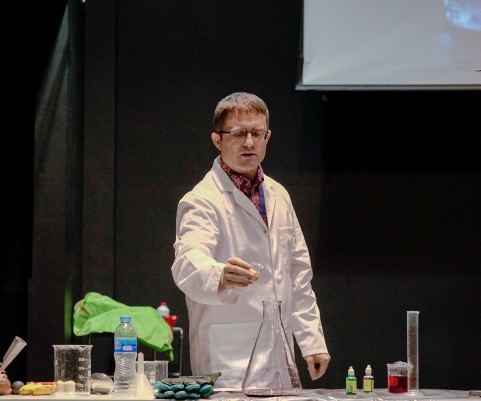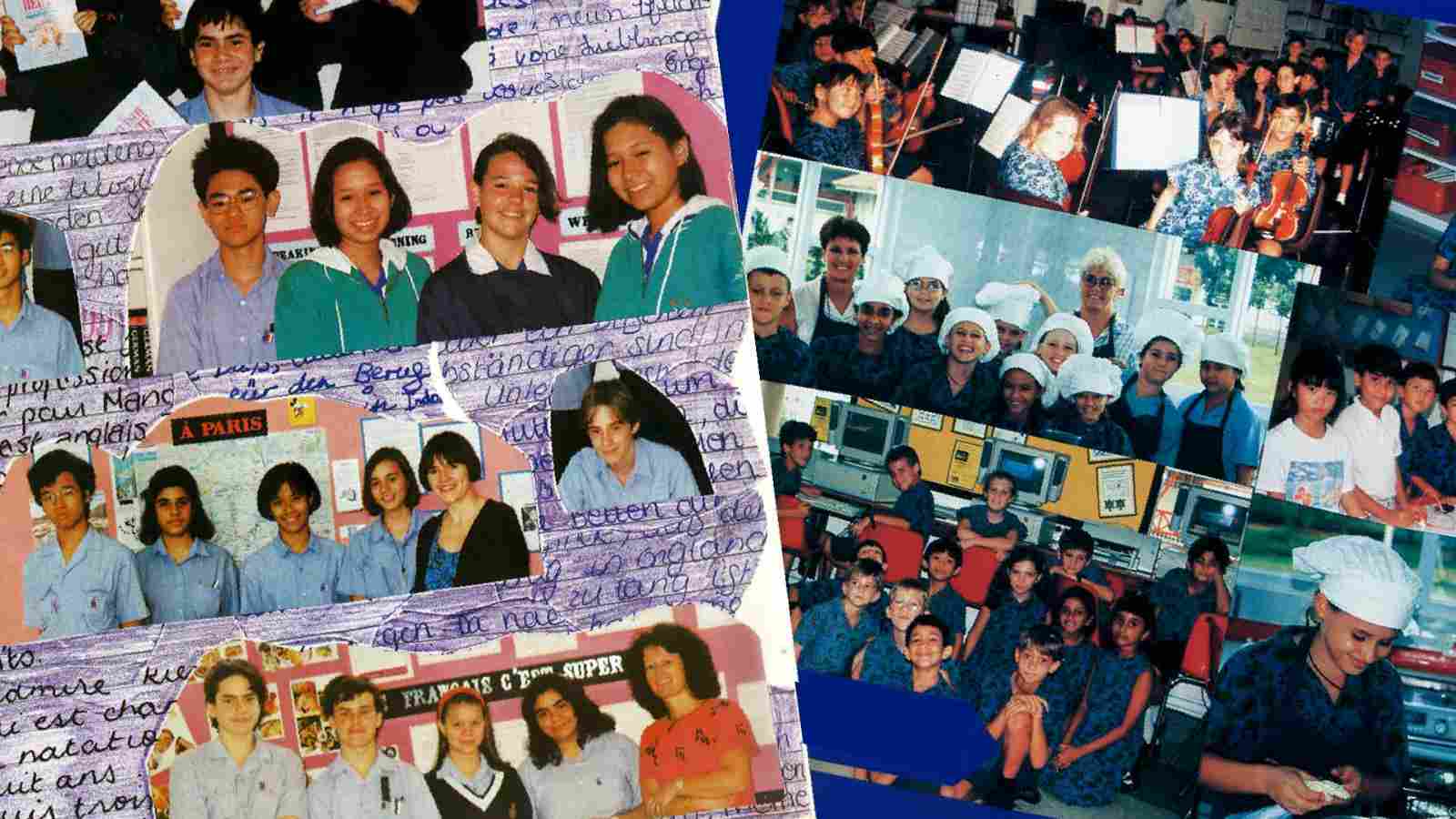The IB Curriculum: How It Works and Its Advantages
14 November 2024

The International Baccalaureate (IB) curriculum has become popular among parents and educators worldwide, especially those seeking a well-rounded, inquiry-based education. Below, we will explore what the IB curriculum entails, how it works, its comparison with the Cambridge curriculum, and its advantages.
What is the IB Curriculum?
The International Baccalaureate (IB) curriculum is a globally recognised educational framework designed to foster intellectual, personal, emotional, and social skills necessary for living, learning, and working in a rapidly changing world. It provides a rigorous, high-quality education that prepares students for higher education and beyond.
How the IB Curriculum Works
The IB curriculum is structured around three core components: the Extended Essay, Theory of Knowledge, and Creativity, Action, and Service (CAS), which are integral to fostering broad-minded and critical thinking skills among students. Instead of focusing purely on academic achievements, the curriculum emphasises holistic student development. The various programmes are tailored to different age groups, namely the Primary Years Programme (PYP), the Middle Years Programme (MYP), and the Diploma Programme (DP).
IB Curriculum vs Cambridge Curriculum
Several distinctions exist between the IB curriculum and the Cambridge Curriculum. The Cambridge system typically focuses more on subject-specific knowledge and traditional academic success, leading to exams that often determine student progression and outcomes.
In contrast, the IB emphasises an inquiry-based, more rounded approach that develops academic proficiency and interpersonal and global awareness. This makes the IB curriculum particularly useful for students pursuing careers requiring problem-solving and practical communication skills.
5 Advantages of the IB Curriculum
Here are the advantages of the IB curriculum:
1. Global Recognition
The IB Diploma is recognised by universities and employers worldwide, offering graduates a competitive edge in global opportunities.
2. Holistic Education
Students benefit from a comprehensive education that builds academic, social, and emotional competency.
3. Inquiry-Based Learning
This method encourages students to think critically, question conventions, and connect their learning to real-world situations.
4. Cultural Awareness
With emphasis on language development and cultural understanding, students are better prepared for the diversity and challenges of global interactions.
5. Strong Support System
The IB curriculum encourages cooperation between teachers and students, fostering mutual respect and support.
British School Jakarta and The IB Curriculum
British School Jakarta (BSJ) stands as a leading example of excellence implementing the IB curriculum, tailored to fully harness each student’s potential. BSJ’s approach to high-quality learning is centred around an inquiry-based, engaging and dynamic methodology.
Accredited by respected bodies like the Council of International Schools (CIS) and the Western Association of Schools and Colleges (WASC), BSJ offers students a well-rounded education system that is competitive globally.
By offering the International Baccalaureate Middle Years Programme (IB MYP) and Diploma Programmes (IB DP), BSJ ensures that each curriculum area contributes effectively to a broad education, preparing students for the future.
Furthermore, the curriculum at BSJ is customised to be broad, relevant, and balanced without compromising emotional or intellectual growth. It meets and exceeds the standard educational models, preparing students to thrive in the 21st century.
In conclusion, the IB curriculum is more than just an educational syllabus; it is a comprehensive growth system that equips students to navigate and succeed in a complex world.
Schools like BSJ exemplify the application of the IB philosophy, merging high academic standards with personal development and producing well-rounded individuals ready to face the global challenges of tomorrow.
© 2025 - British School Jakarta
This website uses cookies to enhance your browsing experience, site navigation, analysing usage and measuring traffic.
By continuing to use our website, you consent to our use of cookies in accordance with our Cookies Policy.









